VA - Poor Boy: Songs of Nick Drake (2002/2004) [SACD]
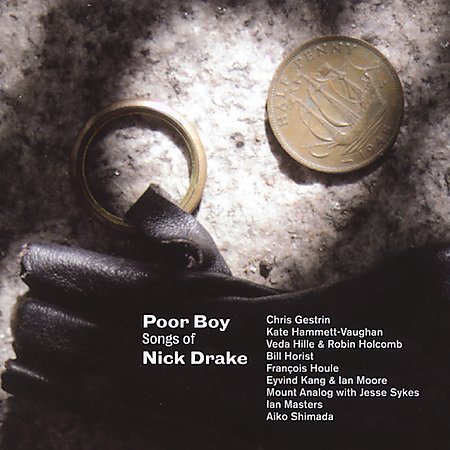
Artist: VA
Title: Poor Boy: Songs of Nick Drake
Year Of Release: 2002/2004
Label: Songlines
Genre: Pop/Rock
Quality: DSD64 image (*.iso) / 2.0 (2,8 MHz/1 Bit)
Total Time: 01:17:50
Total Size: 3.16 GB
WebSite: Album Preview
Tracklist:Title: Poor Boy: Songs of Nick Drake
Year Of Release: 2002/2004
Label: Songlines
Genre: Pop/Rock
Quality: DSD64 image (*.iso) / 2.0 (2,8 MHz/1 Bit)
Total Time: 01:17:50
Total Size: 3.16 GB
WebSite: Album Preview
01.Cello Song - Bill Horist & Aiko Shimada 05:52
02.Clothes of Sand - Kate Hammett -Vaughan 04:49
03.One of These Things First - Chris Gestrin & Simon Fisk 02:18
04.Three Hours - Jason Michas & Chris Gestrin 07:46
05.Hanging on a Star - Robin Holcomb & Veda Hille 02:35
06.For Nick/Horn/Know - Francois Houle 6 + Danielle Hébert 14:01
07.Poor Boy - Kate Hammett -Vaughan 06:10
08.Fly - Mike Dumovich 03:31
09.Parasite - Friendly Science Orchestra 04:08
10.Road - Veda Hille & Robin Holcomb / Francois Houle 03:35
11.Things Behind the Sun - Bill Horist & Sam Mickens 04:32
12.River Man - Mount Analog with Jesse Sykes 05:15
13.Black Eyed Dog - Ian Moore & Eyvind Kang 09:27
14.From the Morning - Mike Dumovich 03:53
![VA - Poor Boy: Songs of Nick Drake (2002/2004) [SACD]](https://www.dibpic.com/uploads/posts/2020-07/1595761035_poor-boy-disc.png)
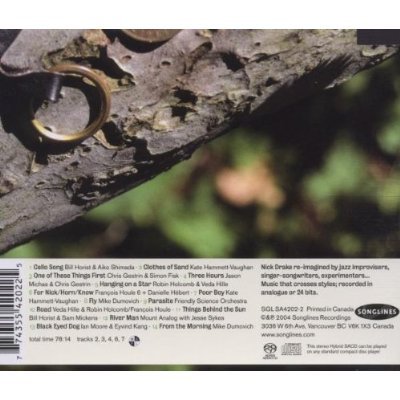
Another of my ‘Legacy rips’ this one for fans of Nick Drake and for those that might not have previously appreciated the depth of his songwriting. Some song versions here are very different to the originals.
British folkster Nick Drake’s gorgeous, melancholy, tantalizingly ambiguous songs have been covered often, but not perhaps with the range of interpretive powers & depth of emotional commitment that these (mostly) Vancouver & Seattle artists bring to bear in re-imagining his music. Long fascinated & deeply moved by Drake’s work, Songlines label owner Tony Reif mounted a 4 1/2 hour tribute concert in Vancouver in ’99 which was recorded by CBC. After mulling over the tapes for a year or two he decided to produce a tribute record from scratch, with high quality studio sound & the benefit of hindsight. The concert had covered the stylistic spectrum, from pop, rock, folk, & singer-songwriter to jazz & ambient. Reif began by concentrating on the jazz side, revisiting Nick’s songs with musicians he knew well, clarinetist Francois Houle, vocalist Kate Hammett-Vaughan, pianist Chris Gestrin, guitarist Tony Wilson, cellist Peggy Lee, bassist Simon Fisk & adding vocalists! Jason Michas & Danielle Hebert, guitarist Ron Samworth, trumpeter Brad Turner, violinist Jesse Zubot, drummer Dylan van der Schyff, & visiting Italian accordionist Filippo Gambetta. The arrangements left room for improvisation; the feeling modulated from introspective to hip, knowing to exploratory, & everything was recorded in a couple of takes, with no overdubs or editing. A concert highlight had been the collaboration of singer-songwriter Veda Hille & one of her heroes, Seattle’s Robin Holcomb. Their two songs were now recorded in Seattle, as was singer-songwriter Ian Moore’s 1st-time collaboration with the brilliant string player Eyvind Kang. Reif also organized a session with other Seattle musicians he had gotten to know, rock guitarist Bill Horist, genre-busting singer-songwriters Aiko Shimada, Mike Dumovich & Sam Mickens, & studio/electronics guru Tucker Martine. The Seattle recordings were tracked more like a pop record: with layers of overdubs certain songs took on a psychedelic aura, while others seemed stripped down to the essentials of melody, harmony & lyrics. They frequently made use of tools not at Drake’s disposal (e.g. electronics) or approaches that might have occurred to him but that he never developed (the quasi-devotional raga-like feel of “Black Eyed Dog”). Reif now pondered the sequencing. He wanted the record to have an experiential arc, & knew that like the concert it would climax with “Black Eyed Dog” followed by Nick’s transcendental envoi “From The Morning.” It was already plenty long but, once again unwilling or unable to call it a day, Reif played his last wild card & emailed Ian Masters, former lead singer of the British shoegazer band Pale Saints, now living in Japan. Masters’ Friendly Science Orchestra had contributed to a Tim Buckley tribute but Reif wanted something farther out; Masters came up with a spookily disengaged rendition of “Parasite.” As the mastering neared completion, Reif decided that to do the record sonic justice required converting the 24-bit master to DSD for release as a hybrid SACD. The result is extraordinary.
For the design of Poor Boy Reif had developed a visual metaphor — photographs of Drake’s black leather pouch/changepurse containing a 1948 ha’ penny (the year of his birth), a gift from his father that he apparently always carried with him for luck…not therefore a coin to be lightly thrown over the poor boy’s shoulder. But, as Richard & Linda Thompson put it after Nick’s death in “The Poor Boy Is Taken Away” — a song as rich in ironic (yet heartfelt) implication as many of his own lyrics: No use standing, waving adieu / The penny won’t drop in your mind / The penny won’t drop in your mind / The old flame’s left you behind.
A keen sense of absence & its flip side, an intimate if ghostly presence, is perhaps the central Drake trope, the thing that, once felt, seems to pull the listener ever deeper into his world of transience & permanence. Now, with the release in June 2004 of a newly discovered Drake song & other unheard treasures (Made To Love Magic, Island/Universal), the legacy will again be re-evaluated. Poor Boy confirms its expressive potential for musicians drawn to his vision & capable of giving it their own voice. This is music that truly crosses styles.
British folkster Nick Drake’s gorgeous, melancholy, tantalizingly ambiguous songs have been covered often, but not perhaps with the range of interpretive powers & depth of emotional commitment that these (mostly) Vancouver & Seattle artists bring to bear in re-imagining his music. Long fascinated & deeply moved by Drake’s work, Songlines label owner Tony Reif mounted a 4 1/2 hour tribute concert in Vancouver in ’99 which was recorded by CBC. After mulling over the tapes for a year or two he decided to produce a tribute record from scratch, with high quality studio sound & the benefit of hindsight. The concert had covered the stylistic spectrum, from pop, rock, folk, & singer-songwriter to jazz & ambient. Reif began by concentrating on the jazz side, revisiting Nick’s songs with musicians he knew well, clarinetist Francois Houle, vocalist Kate Hammett-Vaughan, pianist Chris Gestrin, guitarist Tony Wilson, cellist Peggy Lee, bassist Simon Fisk & adding vocalists! Jason Michas & Danielle Hebert, guitarist Ron Samworth, trumpeter Brad Turner, violinist Jesse Zubot, drummer Dylan van der Schyff, & visiting Italian accordionist Filippo Gambetta. The arrangements left room for improvisation; the feeling modulated from introspective to hip, knowing to exploratory, & everything was recorded in a couple of takes, with no overdubs or editing. A concert highlight had been the collaboration of singer-songwriter Veda Hille & one of her heroes, Seattle’s Robin Holcomb. Their two songs were now recorded in Seattle, as was singer-songwriter Ian Moore’s 1st-time collaboration with the brilliant string player Eyvind Kang. Reif also organized a session with other Seattle musicians he had gotten to know, rock guitarist Bill Horist, genre-busting singer-songwriters Aiko Shimada, Mike Dumovich & Sam Mickens, & studio/electronics guru Tucker Martine. The Seattle recordings were tracked more like a pop record: with layers of overdubs certain songs took on a psychedelic aura, while others seemed stripped down to the essentials of melody, harmony & lyrics. They frequently made use of tools not at Drake’s disposal (e.g. electronics) or approaches that might have occurred to him but that he never developed (the quasi-devotional raga-like feel of “Black Eyed Dog”). Reif now pondered the sequencing. He wanted the record to have an experiential arc, & knew that like the concert it would climax with “Black Eyed Dog” followed by Nick’s transcendental envoi “From The Morning.” It was already plenty long but, once again unwilling or unable to call it a day, Reif played his last wild card & emailed Ian Masters, former lead singer of the British shoegazer band Pale Saints, now living in Japan. Masters’ Friendly Science Orchestra had contributed to a Tim Buckley tribute but Reif wanted something farther out; Masters came up with a spookily disengaged rendition of “Parasite.” As the mastering neared completion, Reif decided that to do the record sonic justice required converting the 24-bit master to DSD for release as a hybrid SACD. The result is extraordinary.
For the design of Poor Boy Reif had developed a visual metaphor — photographs of Drake’s black leather pouch/changepurse containing a 1948 ha’ penny (the year of his birth), a gift from his father that he apparently always carried with him for luck…not therefore a coin to be lightly thrown over the poor boy’s shoulder. But, as Richard & Linda Thompson put it after Nick’s death in “The Poor Boy Is Taken Away” — a song as rich in ironic (yet heartfelt) implication as many of his own lyrics: No use standing, waving adieu / The penny won’t drop in your mind / The penny won’t drop in your mind / The old flame’s left you behind.
A keen sense of absence & its flip side, an intimate if ghostly presence, is perhaps the central Drake trope, the thing that, once felt, seems to pull the listener ever deeper into his world of transience & permanence. Now, with the release in June 2004 of a newly discovered Drake song & other unheard treasures (Made To Love Magic, Island/Universal), the legacy will again be re-evaluated. Poor Boy confirms its expressive potential for musicians drawn to his vision & capable of giving it their own voice. This is music that truly crosses styles.
![Victoria Alexanyan - VISHAP (2026) [Hi-Res] Victoria Alexanyan - VISHAP (2026) [Hi-Res]](https://img.israbox.com/img/2026-02/06/fp18m8tfhi28on3z9gks3ab7v.jpg)
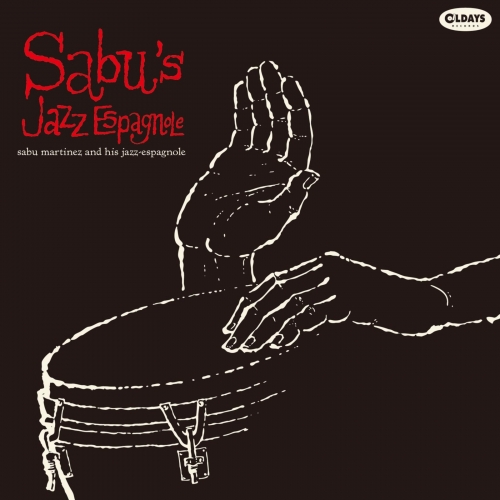
![Kannon - ...in a Sea of Fire (2026) [Hi-Res] Kannon - ...in a Sea of Fire (2026) [Hi-Res]](https://img.israbox.com/img/2026-02/06/031z27045ersqlp1m4v7qos7b.jpg)
![Calibro 35 - Exploration (Deluxe Edition) (2026) [Hi-Res] Calibro 35 - Exploration (Deluxe Edition) (2026) [Hi-Res]](https://www.dibpic.com/uploads/posts/2026-02/1770195253_prs31td9h1vkc_600.jpg)
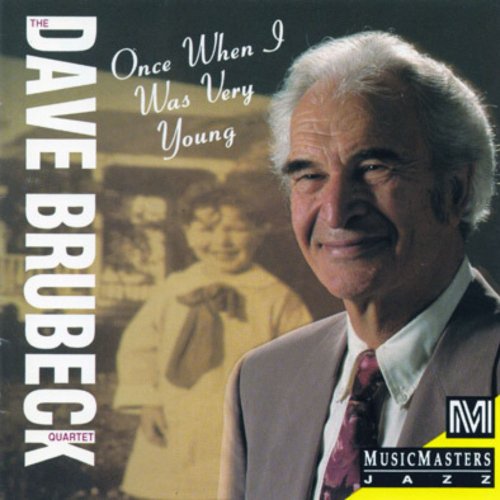
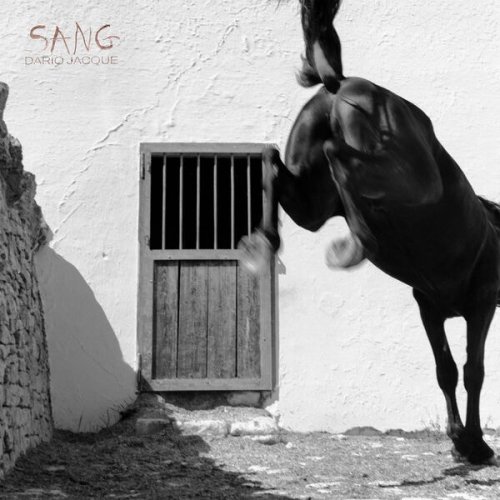
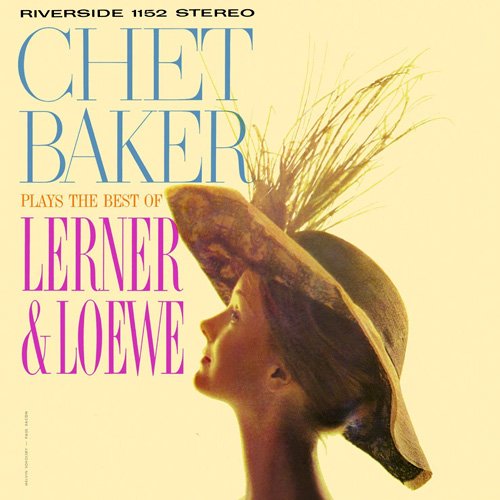
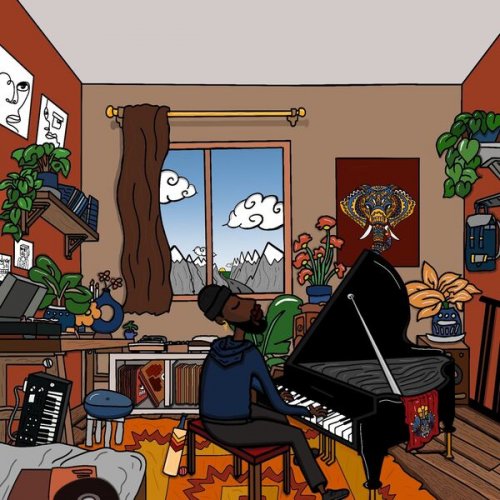
![Stanley Clarke - Live (1976-1977) [1991] Stanley Clarke - Live (1976-1977) [1991]](https://img.israbox.com/uploads/posts/2016-08/1472370785_folder.jpg)